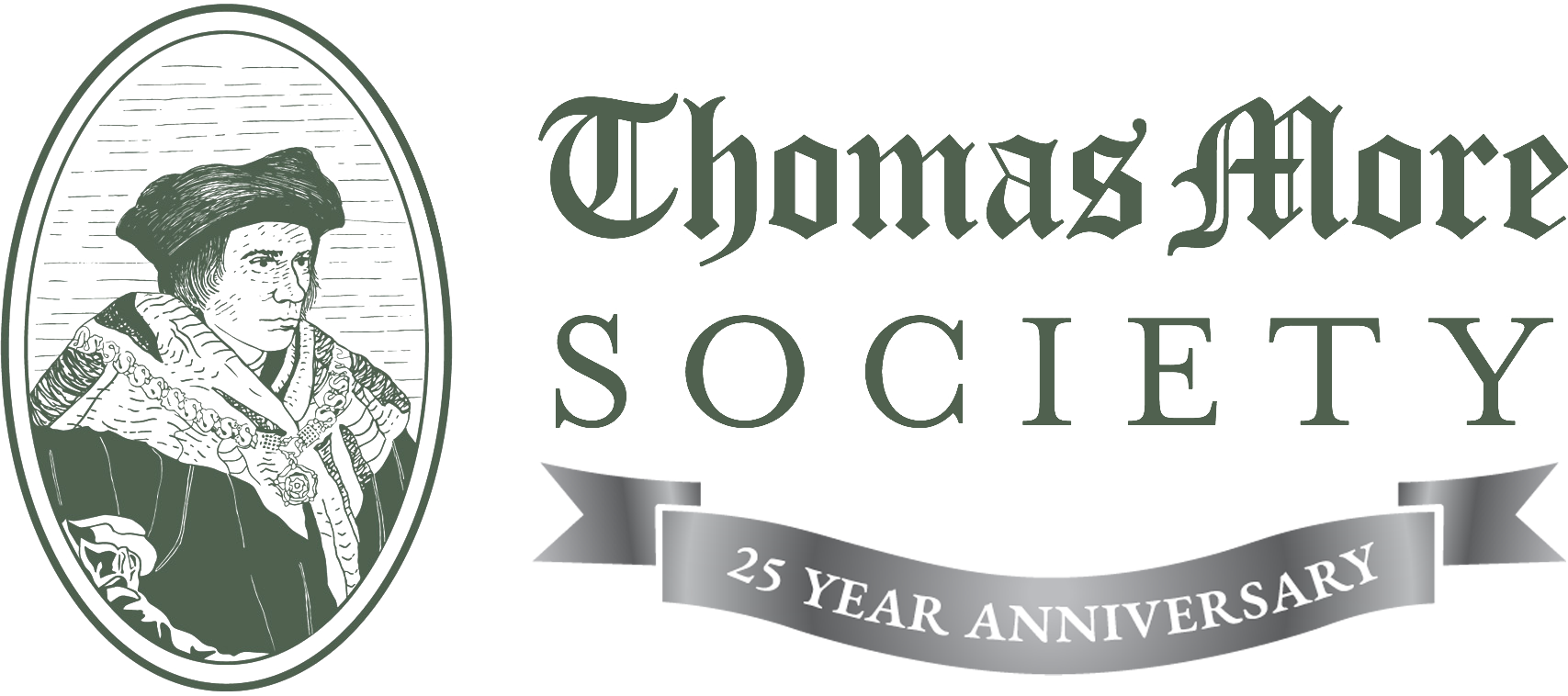Will United States Supreme Court Burst Chicago’s Abortion 'Bubble Zone' Law?

The challenge to the Chicago law creating a “bubble zone” around abortion clinics moves on to the United States Supreme Court with a June 7, 2019 docketing of a Petition for Writ of Certiorari in Veronica Price et al. v. The City of Chicago et al. Attorneys from the Thomas More Society charge that the restrictive ordinance is an unconstitutional, content-based abridgment of free speech.
Supreme Court to Take up Chicago's Abortion Clinic Bubble Zone
The Chicago “bubble zone” ordinance, applied exclusively at abortion facilities, designates a 50-foot radius from the entrance as an area in which persons are prohibited from intentionally coming closer than eight feet to any other person, unless that person gives permission, “for the purpose of passing a leaflet or handbill to, displaying a sign to, or engaging in oral protest, education, or counseling with such other person.”
In February 2019, the United States Court of Appeals for the Seventh Circuit Court held that it did not have the authority to overrule the United States Supreme Court Hill v. Colorado decision from 2000 and thus could not strike down the essentially identical Chicago “bubble zone” law.
According to Joan Mannix, Thomas More Society Vice President and Senior Counsel, much has changed in the almost two decades since Hill v. Colorado. U.S. Supreme Court decisions have undercut that decision’s rationale in significant ways.
“First, the Court has reiterated its traditional view that the public sidewalk is the quintessential venue for exchange of ideas and that adults on the public sidewalk cannot veto speech simply because they do not want to hear it. Second, a statute that regulates speech based on its content is subject to strict scrutiny, which laws rarely survive,” she explained. “Chicago's ‘copycat’ ordinance -- it is virtually the same as Colorado's -- prohibits ‘oral protest,’ ‘counseling,’ and ‘education.’ This regulation is defined in terms of speech content -- the subject matter and purpose of the speech -- and it requires the police to examine the speech to see whether it falls under one of the prohibited categories. That the 'bubble zone' law is content-based was already recognized in strong dissents in the 2000 decision upholding the Colorado regulation. Many commentators and scholars also condemned the decision at the time. Since then the Court has clarified its content-based principles and has struck down regulations that are similar to the ‘bubble zone’ ordinance.”
Sidewalk Counselors Say Bubble Zone Violates Free Speech
Veronica Price, one of the sidewalk counselors suing the city, explained why the “bubble zone” ordinance violates her right of free speech.
“My desire as a sidewalk counselor is to give hope and help to women and men considering abortion. Many parents are unaware of support that is available to them. By providing information on pregnancy resource centers, church programs, social services, and adoption agencies, I can reach out and caringly offer actual help. Sadly, the bubble zone prevents me from doing this effectively. The bubble zone does not protect women who are considering an abortion. On the contrary, since it restricts the flow of information, it detracts from a woman's right to choose. The City of Chicago is doing women a great disservice by denying them access to information at a critical time in their lives.”
Price, along with fellow plaintiffs Ann Scheidler, Anna Marie Scinto Mesia, and David Berquist, peacefully exercise their First Amendment rights on the public ways near Chicago abortion facilities. They reach out to women who approach abortion clinics.
History of Chicago's Restrictive Bubble Zone
The City of Chicago enacted the restrictive “bubble zone” ordinance in 2009, after almost no notice and only two committee hearings, because an alderman claimed that some women outside a Planned Parenthood abortion clinic in her ward were being “followed and photographed.” In fact, Chicago had experienced no blockades, few arrests, no convictions, and no violence at the handful of abortion clinics that have had a long-term pro-life presence. Rampant misapplication and selective enforcement of the law even resulted in a May 2017 settlement that required constitutional rights education for Chicago police.
Pro-Abortion Claims that Pro-life Sidewalk Counselors Intimidate Women are False
Thomas More Society Vice President and Senior Counsel Thomas Olp elaborated:
“It is pro-abortion propaganda that pro-life counselors intimidate women approaching abortion clinics. That type of engagement would be totally ineffective. Pro-life sidewalk counselors compassionately and calmly approach women, one-on-one, offering them information about abortion alternatives, of which many are unaware. The Chicago law creating a bubble zone around abortion clinics, also known as a ‘bubble zone’ ordinance, deliberately curtails our clients’ ability to offer that information, contrary to the First Amendment.”
Olp added that the law is also “vague and overbroad,” and does not “serve any legitimate interest of the city” because Chicago has never had an issue with obstruction of access to clinics in the city. “Yet, the ordinance creates a ‘no speech’ zone in front of every medical facility in Chicago.” He added that recent Supreme Court decisions (especially 2014’s McCullen v. Coakley) prohibit government regulators from relying on a copycat approach. “The city must prove that the speech regulation can be justified in the context in which it is being enacted, and in order to resolve real problems with safety and access. There aren’t any here.”
Chicago law creating a bubble zone around abortion clinics is Special Interest Law
Olp continued:
“This is a special interest law benefiting only the abortion industry. Imagine if this law were applied across the board. Since approaches that are ‘unconsented to’ are prohibited, approaching a person to offer a free food sample, a point of purchase coupon, or a trial subscription would be prohibited unless prior consent was obtained. Applied to any other industry, the law's foolishness and irrationality would be evident. Why then is it right to give the abortion industry special preference at the expense of free speech? It isn't. There is no good reason for this law. Even the ACLU opposed it in 2009 when Chicago passed it. We are confident that the U.S. Supreme Court recognizes that Hill v. Colorado is an aberration from its First Amendment rulings. We therefore hope the Court will grant cert and overrule the law. Only the Supreme Court can do this since all lower courts, like the 7th Circuit in this case, must follow Hill unless and until the Court overrules it.”
Read the Petition for Writ of Certiorari to the United States Supreme Court, docketed on June 7, 2019 by Thomas More Society attorneys in Veronica Price et al. v. The City of Chicago et al., here.


